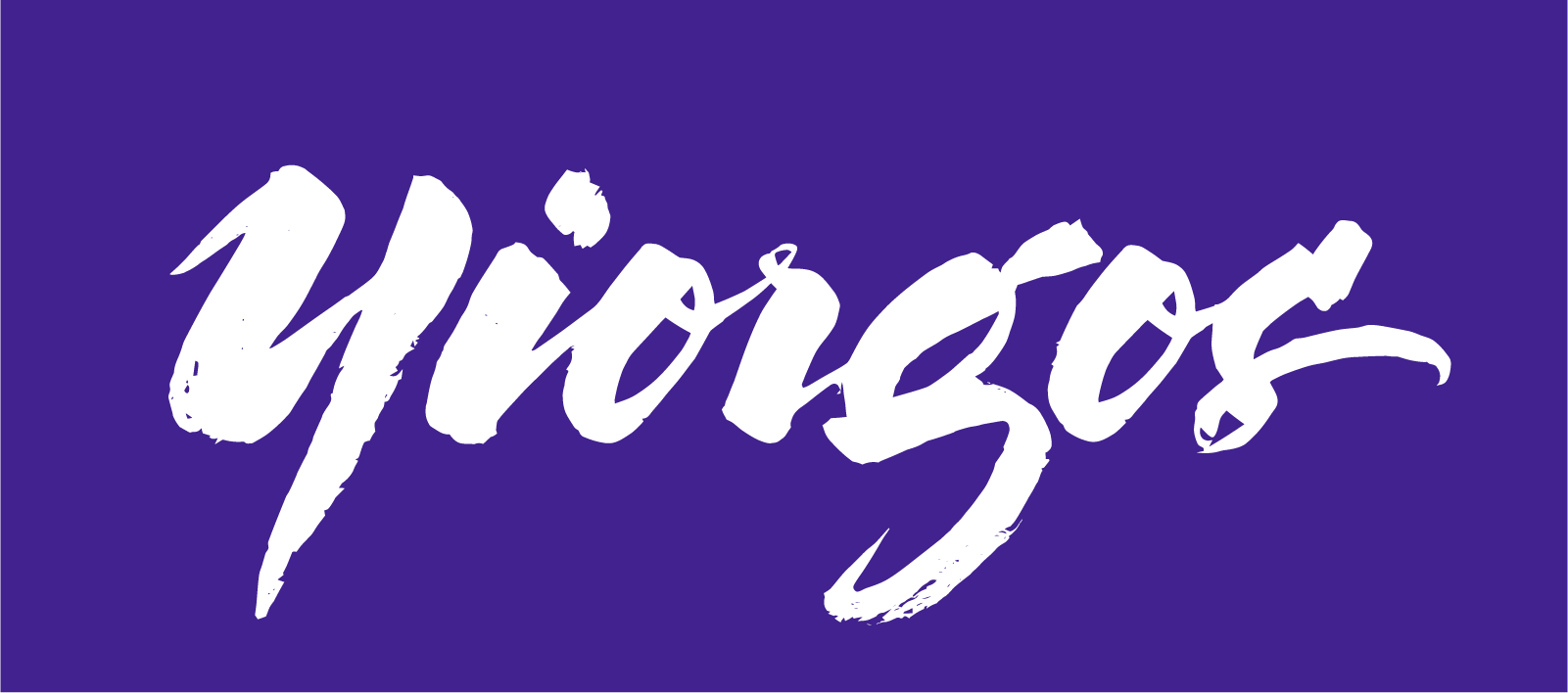To All the Candidates We’ve Ghosted Before
If you’ve been in the dating game sometime during the last few years, then you’ve probably experienced some form of ghosting. It’s that super fun phenomenon where someone vanishes from your life without a trace or even a “hey I had a great time!” text. It’s not fun when it happens and it can often throw you into a bit of an emotional tailspin. I mean, aren’t we all entitled to some explanation when things go south?
Lately, this dating phenomenon has snuck its way into the world of work, with candidates going radio silent on recruiters, skipping interviews, ignoring job offers, and even failing to turn up for work. And while it might be easy to hop on the millennial blame-game bandwagon, even candidates with decades of experience are acting the exact same way.
So what’s going on?
Well, you can point a finger at a tight labour market or even changing attitudes about what’s acceptable workplace behaviour. But I also think it’s important for recruitment professionals to take a big, ol’ bite of humble pie and remind themselves that recruiters have been ghosting candidates for yeeeeears.
For ages, candidates have learned to accept that they might not get a response to their application or even hear back from an interview. A recent survey from CareerBuilder found that more than half of job candidates say they don’t hear back from companies at all.
But just because this behaviour is commonplace, doesn’t make it right. If you think being ghosted by candidate sucks, try filling out an online application, submitting a resume, and going through multiple interviews, and not getting so much as a “thanks, but no thanks”?
If we want candidates to step up and be accountable, we have to lead by example. And here are a few simple ways to start.
It takes two, baby
Yes, it can be awkward and time-consuming to follow-up with every candidate, but that’s not an excuse. It’s the right and professional thing to do.
Be true to your word
If you say you’re going to follow-up within 2–3 business days, follow-up within 2–3 business days. It’s really that simple. Sending a “they decided to go in another direction” email a month later is not really helping anyone’s case. And when you’re accountable, you’ll encourage your candidates to do the same.
Get your candidates to speak up
Make it clear that they can tell you if they lose interest and that it’s totally okay. You might assume they already know this but we all know what happens when you assume.
Grab their attention
If it’s been a few days since you’ve heard from your candidates and you’re worried they’re slipping away, try sending them more info about the company to get their attention. Something like a ‘day in the life of an employee at company X’ case study, a video of your clients’ office, or even just some info on the best places to get lunch in the area where the office is located. The key here is to not badger them but offer them something of value that they’ll appreciate (and hopefully respond to).
Double-check your process
Think back to the times you’ve been ghosted by candidates: is there a particular point where they tend to slip away? Figuring out when candidates are most likely to ghost can help you tighten up your process.
Nobody likes to give people bad news, which is why the ghosting trend has become such a common trend in our personal lives, and now our professional lives as well. But it doesn’t have to be that way. It can be as simple as treating people the way you’d like to be treated. A little empathy can go a long way in helping your candidates feel valued and heard.

